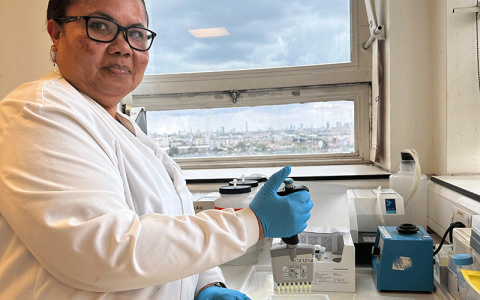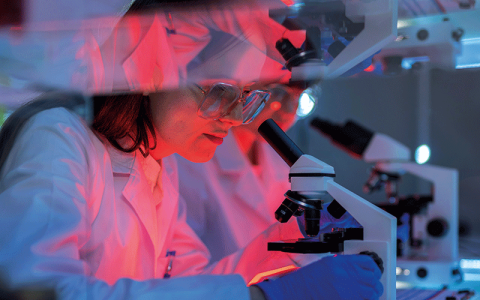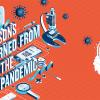August 2023
My Lab: Specialist Clinical Biochemistry
Associate Practitioner Edna Rodrigues gives a guided tour of her laboratory at North West London Pathology.
Here to help: Professional registration
IBMS Professional Support Services Manager Christian Burt explains the benefits of professional registration and how to apply.
Breastfeeding at work
To mark World Breastfeeding Week (1–7 Aug), Simone Girdham, Biomedical Scientist and member of the IBMS Equity, Diversity and Inclusion (EDI) Group, looks at the issues.











